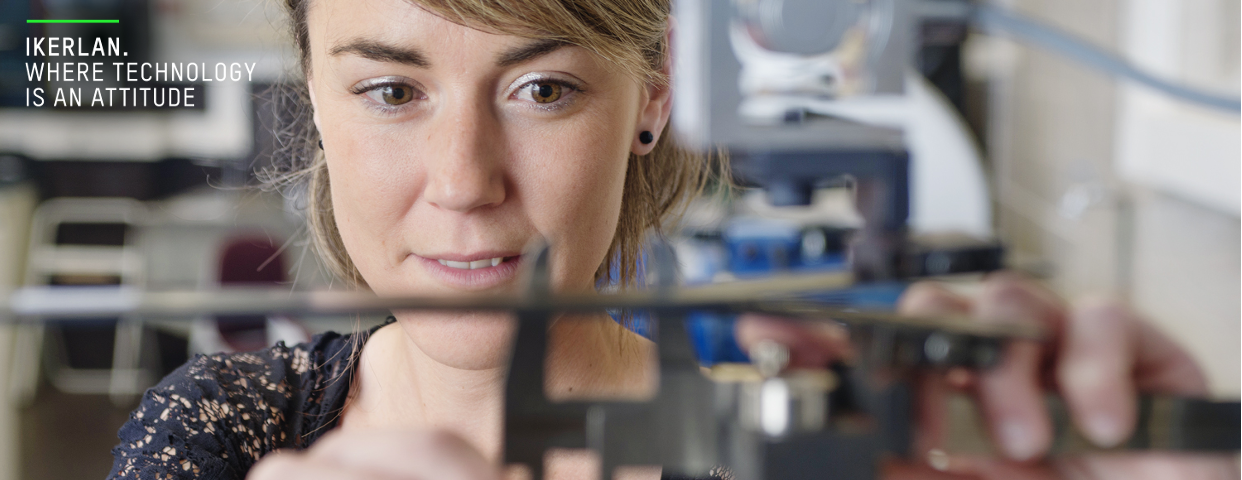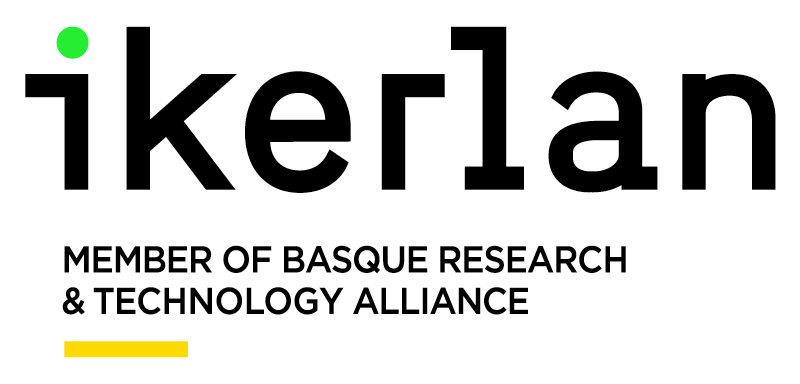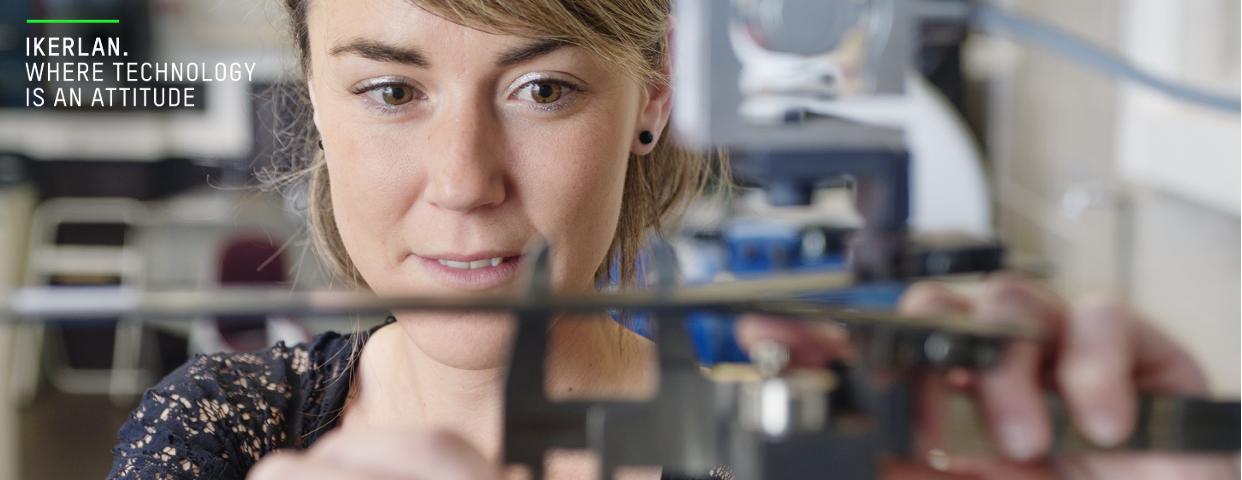


 Posición: Doctorando
Posición: Doctorando Departamento: I+D
Departamento: I+D Ubicación: Arrasate (España)
Ubicación: Arrasate (España) Jornada laboral: Jornada completa
Jornada laboral: Jornada completa Sector: Ingeniería y Automoción
Sector: Ingeniería y Automoción Vacantes: 1
Vacantes: 1 Disciplina: I+D
Disciplina: I+DIkerlan formamos parte de la corporación Mondragon, la cooperativa más grande del mundo. Somos un centro tecnológico líder en la transferencia de conocimiento y en la aportación de valor competitivo a las empresas. Buscamos la excelencia en la I+D+i, a través del aprendizaje diario y la adaptación a las necesidades de nuestros clientes y la cercanía a la realidad empresarial.

H2020 FRAMEWORK PROGRAMME
Marie Skłodowska Curie European Training Network (ETN)
Grant Agreement 955681
IKERLAN, in Arrasate, Spain, will have an open PhD position in the frame of the European Training Network on Monitoring Large-Scale Complex Systems (“MOIRA”), funded by the European Commission through the H2020 “Marie Skłodowska-Curie Innovative Training Networks” (ITN) program.
The objective of the MOIRA project is to develop the next generation of knowledge discovery methodologies, algorithms, and technologies, so enabling data-driven, plant-wide fleet monitoring, with the focus on real-time diagnostics and prognostics. This objective will be achieved by having 15 early-stage researchers (ESR).
The ESR will become part of the Control and Monitoring research team of IKERLAN and it will be enrolled as a PhD student in the UPV-EHU doctorate school.
PhD Project Description:
The ESR will develop a new multi-sensor quality inspection system combining data from both vision and control systems. The obtained heterogeneous data will feed a machine learning based self-adapting mechanism of industrial control systems. This quality monitoring system will be based on a complex vision system combining quality information with process operation data. The integration of the multi-sensor quality inspection system with advanced control and optimization techniques will be the next step toward the manufacturing intelligent processes. On the one hand, computer vision algorithms will be developed to be combined with process data analysis techniques for product quality inspection. On the other hand, the operational conditions will be adapted to compensate the observed deviations, maintaining the system stability and a feasibility criteria. Taking into account these two aspects, the main objectives of the project will be the following:
Timeline and remuneration:
The earliest start time is 1st March 2021. The Marie Curie grant foresees funding for a duration of 3 years. Furthermore, in order to stimulate intersectoral and international mobility, the ESR will have short research visits (so-called “secondments”) to at least two Beneficiary/Partner Organizations (with the secondments not exceeding 30% of the duration of the doctoral training).
The remuneration is generous and will be in line with the EC rules for Marie Curie grant holders. It consists of a salary augmented by a mobility allowance and/or family status, resulting in a net monthly salary of about 2.358-3.020 Euro (12 months).
Candidate Profiles:
Applicants must have a MSc degree or equivalent in Control and Automation Engineering or related field which will qualify for starting a PhD program in the University of the Basque Country (concretely, Control Engineering, Automation and Robotics).
In addition, they must have:
Competences that are considered as an additional advantage:
Marie Curie eligibility Criteria
To be eligible, you need to be an "early stage researcher" i.e. simultaneously fulfill the following criteria at the time of recruitment: